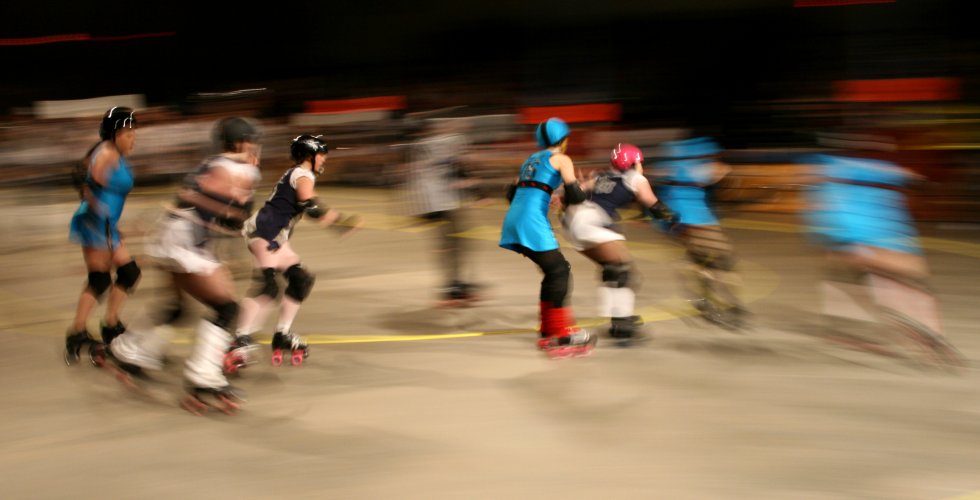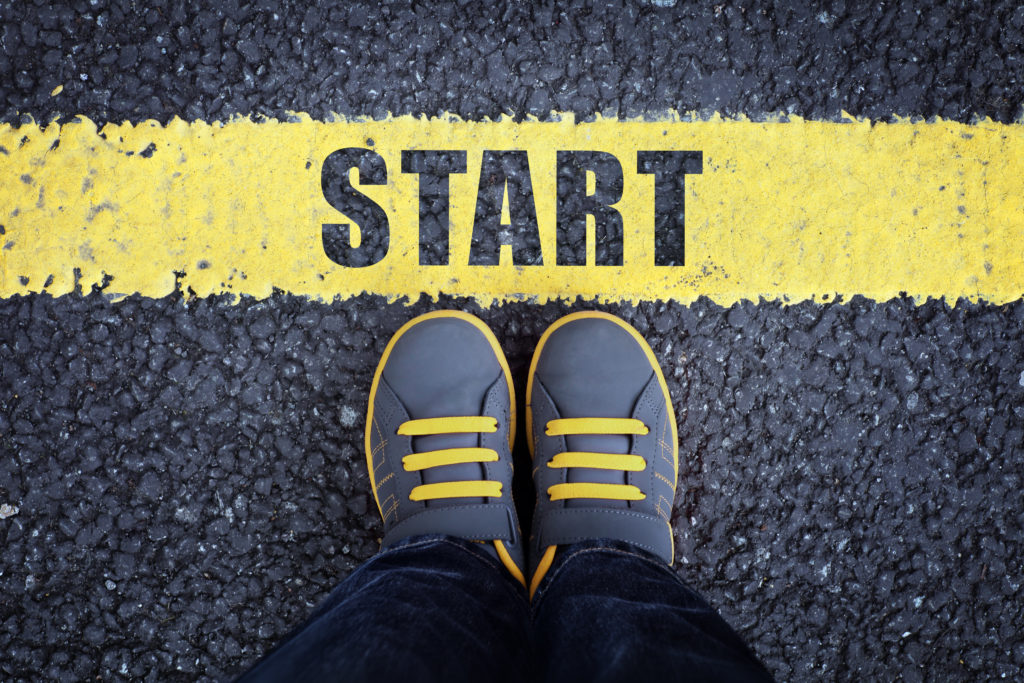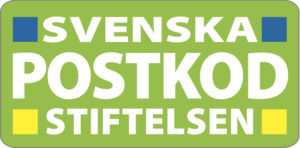
Sports for all bodies
RFSL, in collaboration with the Swedish Sports Confederation and specialist sports organisations, works for a trans-inclusive sports movement. The project focuses on policies, training and empowerment.
Trans people do little sports
Trans people who want to do sports are limited by the fact that sports generally are gender-divided through regulations, changing rooms, jargon and norms.
Many stop doing sports because of this. Trans people as a group partake in physical activities to a lesser degree than the population in general.
We know that exercise and sports improves physical as well as mental health. This in turn leads to better results in school, a better performance at work, a higher income and a more independent life.
Sports provide physical, social and psychological advantages. Because of that, it’s imperative that everybody has the chance to participate in sports, regardless of gender or gender identity.
Today, there’s a lack of guidelines for the inclusion of trans people in sports. There’s also a lack of active role models, at the same time as we hear stories about alienation and mechanisms of exclusion.
Read more in the report hbtq och idrott (pdf, opens in a new window).
We create better preconditions

The aim of the project Sports for all bodies (Idrott för alla kroppar) is to improve the possibility for trans people to be a part of sports. This is done by strengthening trans people and by developing policies and guidelines.
The project is funded by the Swedish Postcode Foundation and its contents are produced in collaboration with the Swedish Sports Confederation, the Swedish FA, the Swedish Budo and Martial Arts Federation, the Swedish Skating Association, the Swedish Basketball Federation, the Swedish Volleyball Federation and the Swedish Life Saving Society. More specialised sports organisations are welcome to join the project.
Policy and training
The project will run for two years and contain a variety of efforts and activities:
- Development of policies and guidelines for trans people in sports.
- Pedagogic method material for the training of leaders.
- Training of specialist sports organisations.
- Internal training within RFSL.

